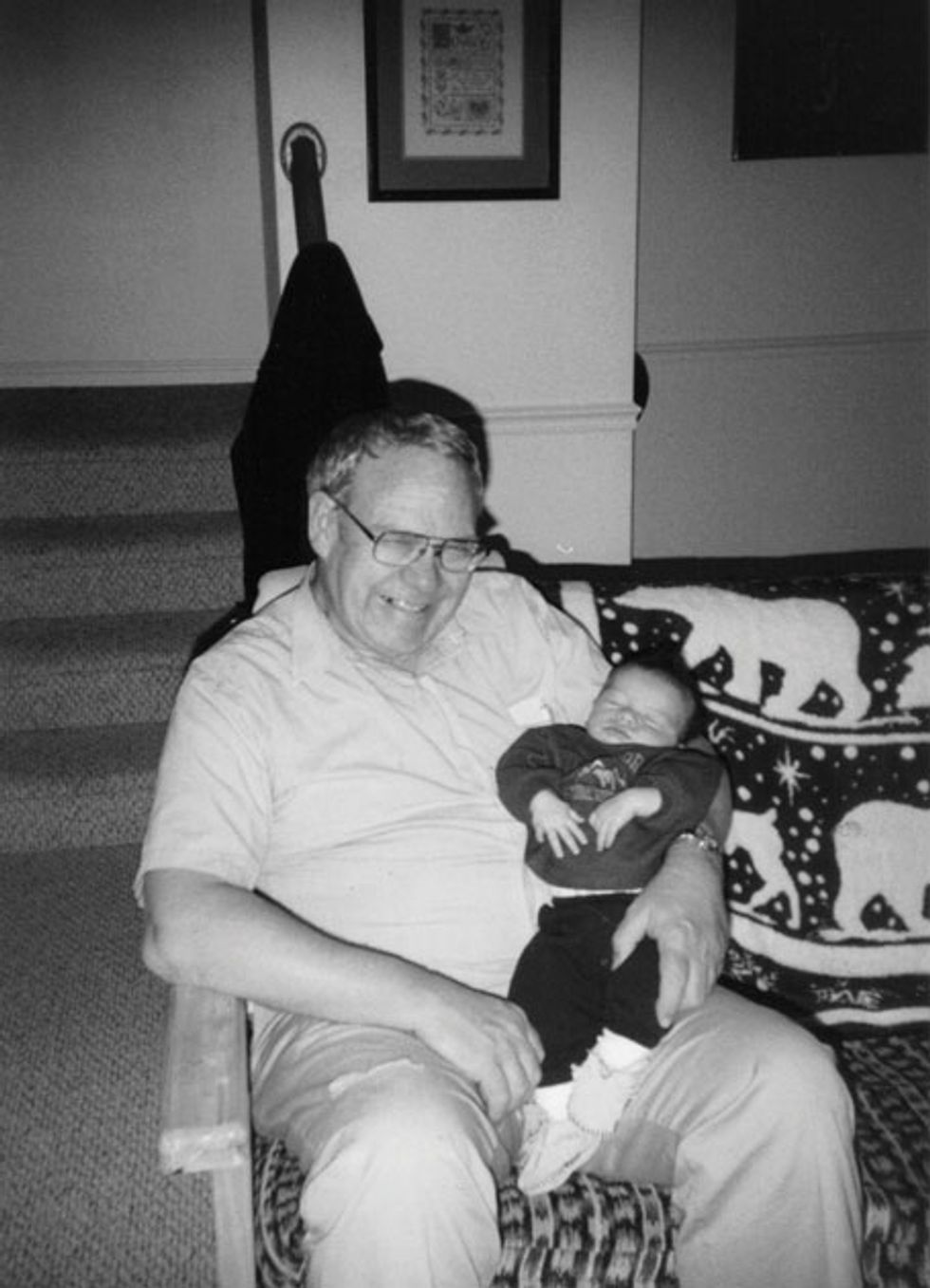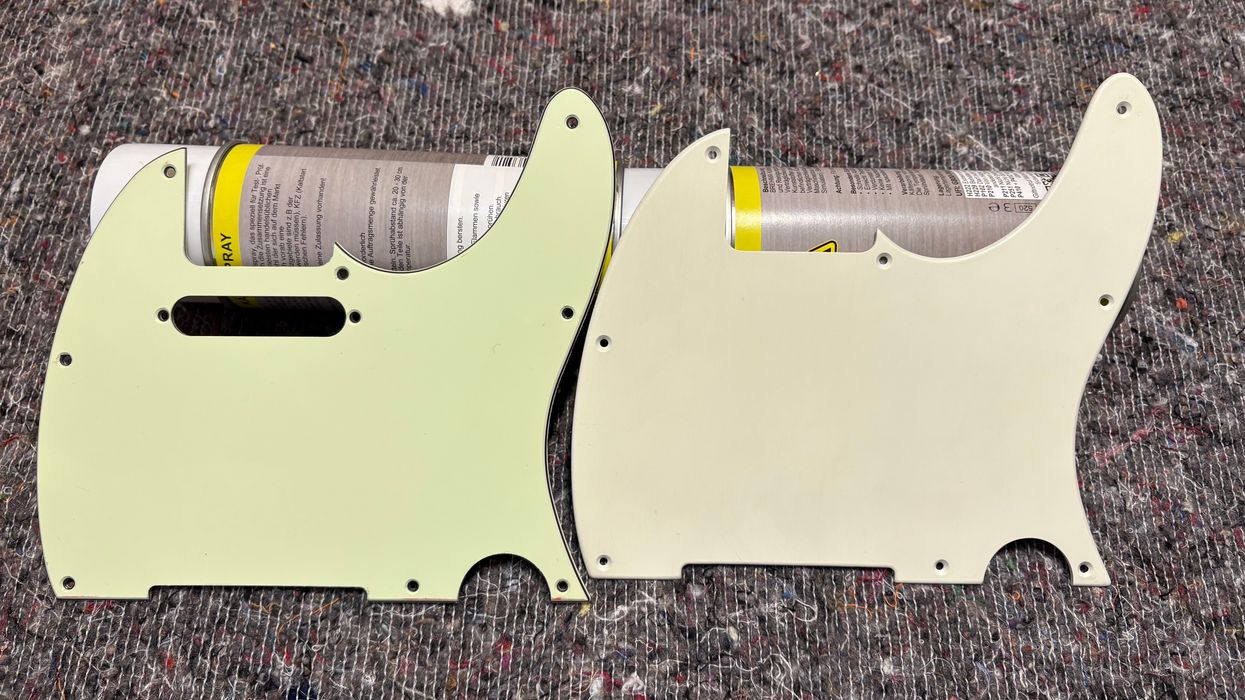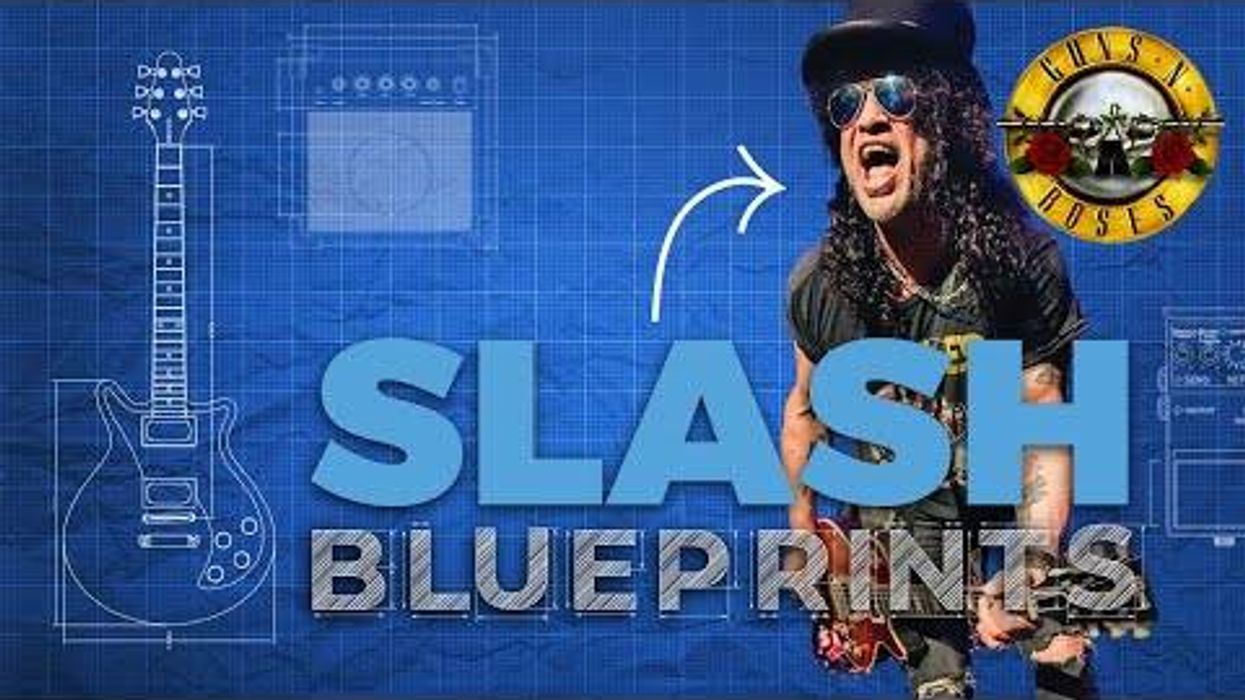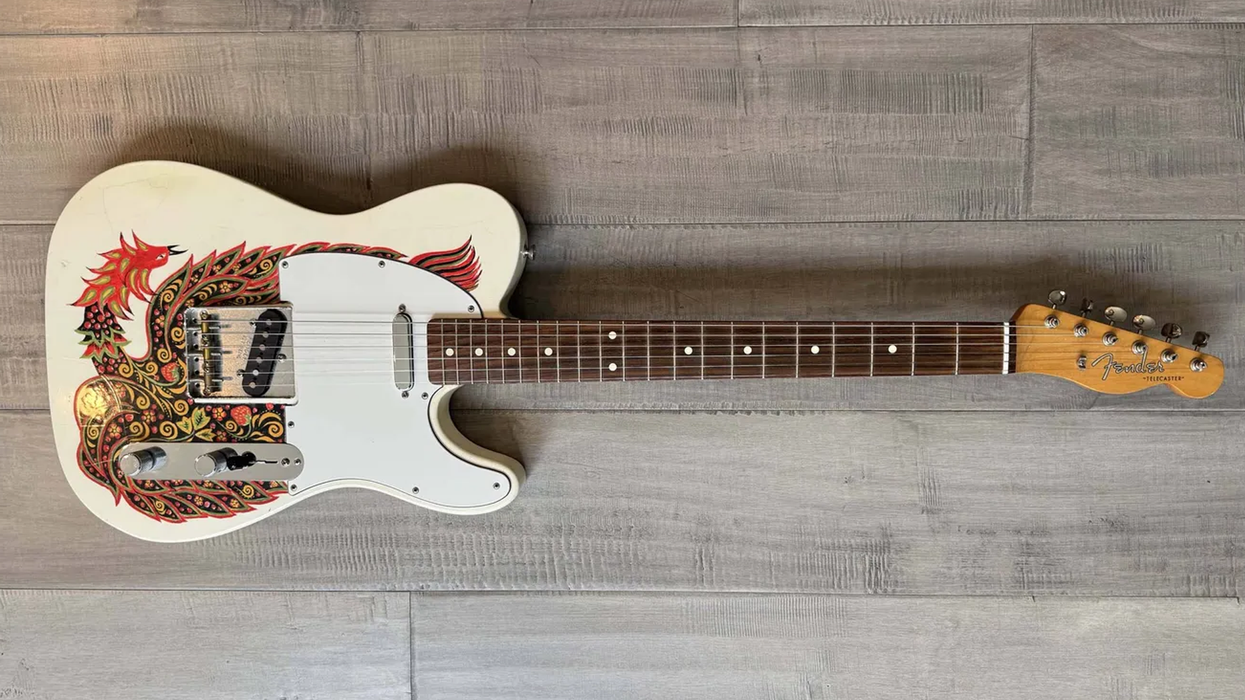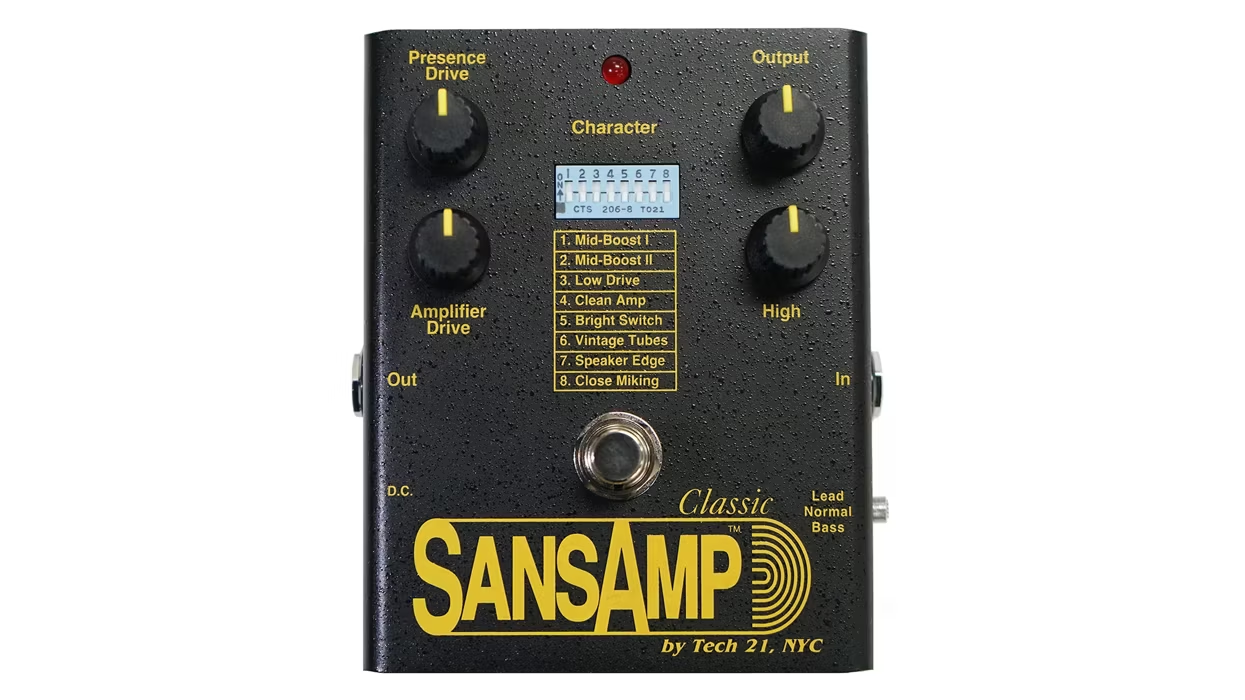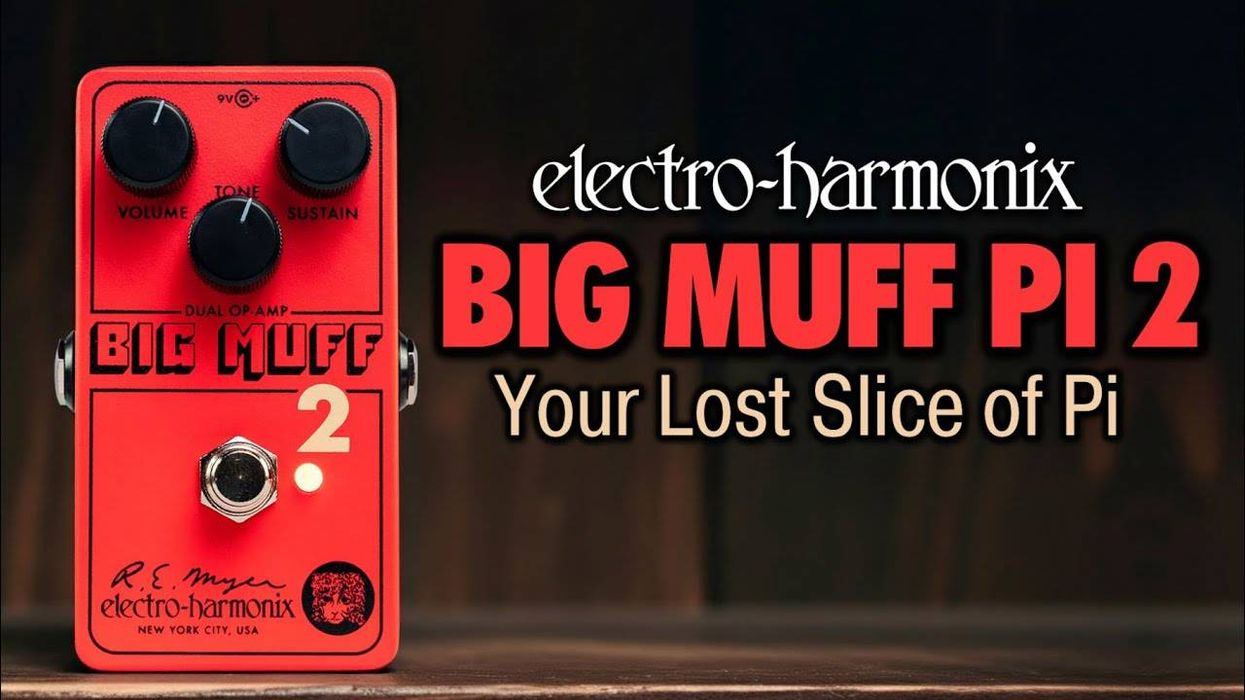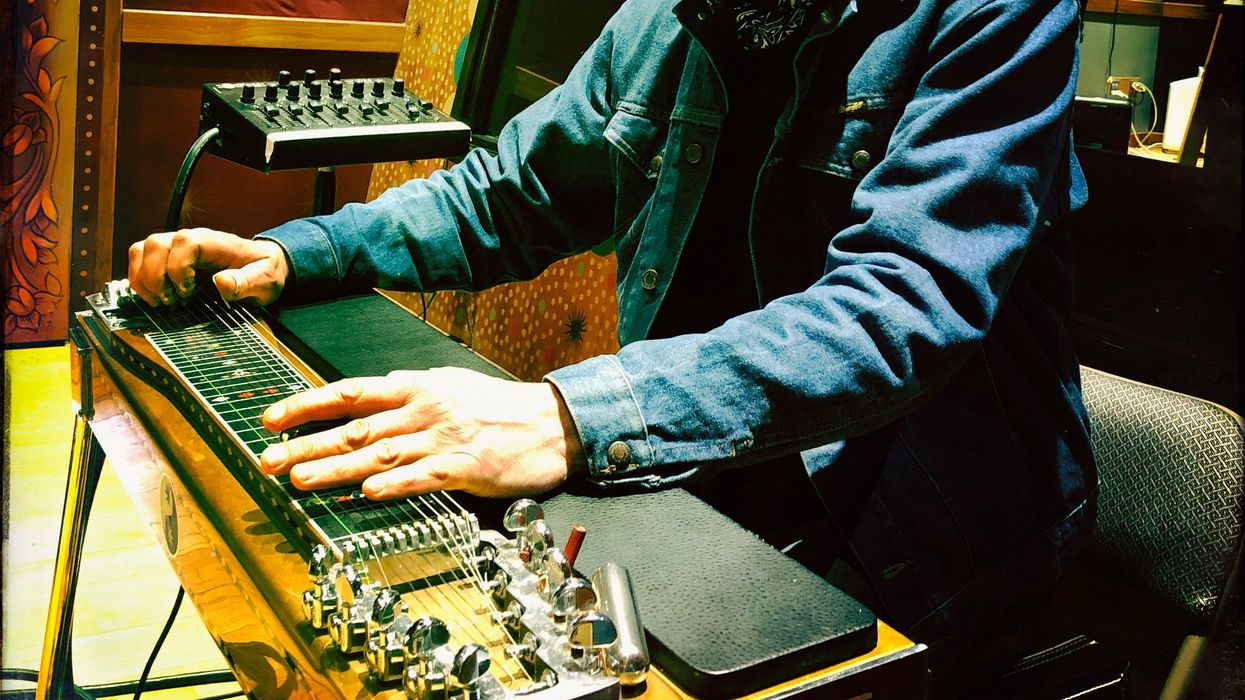I don’t believe in fate. I don’t believe in destiny. I don’t believe in purpose-driven cosmic convergences or signs from beyond. But that doesn’t mean I’m not awed, humbled, and dumbfounded by a lot of the same things that other people might attach those labels to. And I do believe we should find insights and edification in these beautiful bits of randomness. We should let them strike us with their profundity, humor, and bizarreness. Let them expand our being, let them strengthen our resolve, let them cleanse us. If we don’t, then we’re just clocking time here on the third stone—and not the kind of time that our drummers would high-five us for.
This morning, just like every morning, my phone played random songs as I got ready for work. One of the first tunes to come up was an Ozzy Osbourne tune. Often that means I press the skip button—I’m not the hugest Ozzy fan. I own the Randy Rhoads albums, and that’s it.
Next thing I know, I’m sitting on the floor in tears.
A sickened mind and spirit
The mirror tells me lies
Could I mistake myself for someone
Who lives behind my eyes?
Will he escape my soul
Or will he live in me?
Is he trying to get out
Or trying to enter me?
Two years ago today my dad passed away. He was a practicing physician till nearly the end, but the last couple of years he battled Parkinson’s disease. It destroyed his body, mind, and dignity. We watched as he lost mobility and sank into the horror of dementia. For the last year or so, he often didn’t recognize us, and his days were riddled with lucid hallucinations of gruesome things happening to his loved ones on TV, in his dreams, in his bedroom at the care facility. He would call up to make sure we were okay, confused at how he could be seeing us on the screen in front of him and hearing our voices on the phone.
I expected to be melancholy and torn on the anniversary of dad’s passing, even though that day was something of a liberation, a long-awaited tragic day of peace. But I wasn’t prepared for this. By the time Ozzy and Rhoads came to that liltingly beautiful bridge with bells, acoustic guitar, strings, and a choir, I was kind of a wreck.
Voices in the darkness
Scream away my mental health
Can I ask a question
To help me save me from myself?
Enemies fill up the pages
Are they me?
Monday 'til Sunday in stages
Set me free
Like a lot of people, I’d always thought of the Ozzman as that wild-but-amiable guy who bit the heads off bats and/or doves and generally made a spectacle of himself—either purposely or accidentally—wherever he went. I’ve seen the fake blood and the camp and all the smart little marketing props he’s used to carve out a career for himself, and I’ve kind of dismissed it as brainless stuff to shout and pump your fist along to. It turns out, I haven’t given him a fair shake over the years.
My dad would’ve hated Ozzy’s music, to say nothing of his whole shtick. But still—what were the odds of hearing that song—by someone who’s suffered an affliction similar to my dad’s—on that particular morning? I know, I know: A) A statistician would need to know how many songs are in my phone, as well as get some code from Apple, to accurately answer that, and B) a whole bunch of more confounding code from my brain is the real reason I suddenly found meaning as I heard those words for the thousandth time.
But as heavy as it can sometimes be, that mystery is the beauty of life, isn’t it? We find new facets of meaning and emotion and experience, put them through our mysterious code processors, and as musicians we filter them through our neurons and fingers into our instruments, and have no idea exactly when, why, or how we will touch someone else.


